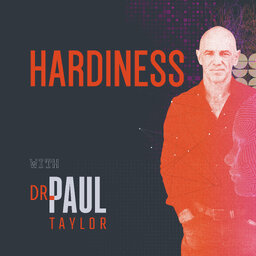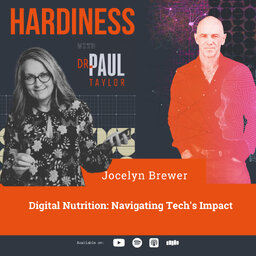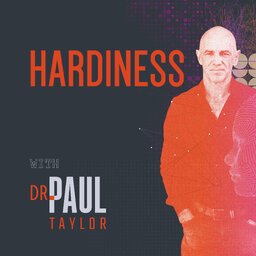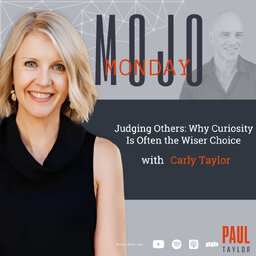Why We Need To Kill The Quick-Fix Mentality, With Dietitian, Exercise Physiologist & Powerhouse Businesswoman, Kate Save
Today I have a great and wide-ranging discussion with the very knowledgable over-achiever, Kate Save, who, amongst many things, is the founder of Be Fit Food.
We start with Kate's amazing health back-story, which spurned her life-long interest in this area and put her on a mission to help others. We then explore metabolic health in detail and in particular, the interactive roles of diet and exercise and the widespread effects on metabolic health from good and bad habits in these areas.
We also delve into how to fix and sub-optimal metabolism and Kate also gives us her view on the downsides of the block-buster weight-loss drugs on the market.
Check out her website for a wide array of products and services, including weight-loss programs and healthy pre-made real food.
For more information on Paul or to book him to speak at your next event go to paultaylor.biz.
 Hardiness with Dr Paul Taylor
Hardiness with Dr Paul Taylor


